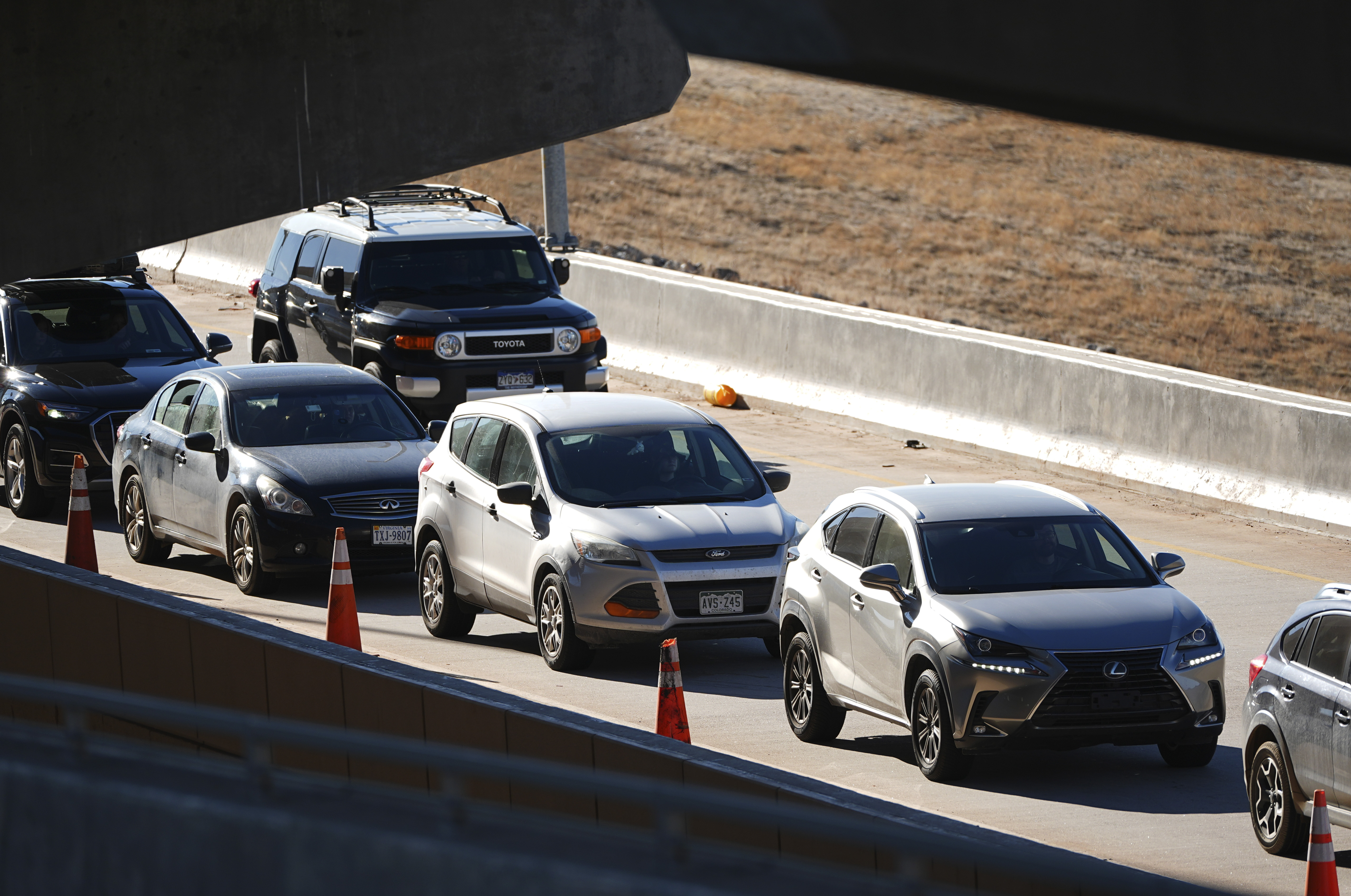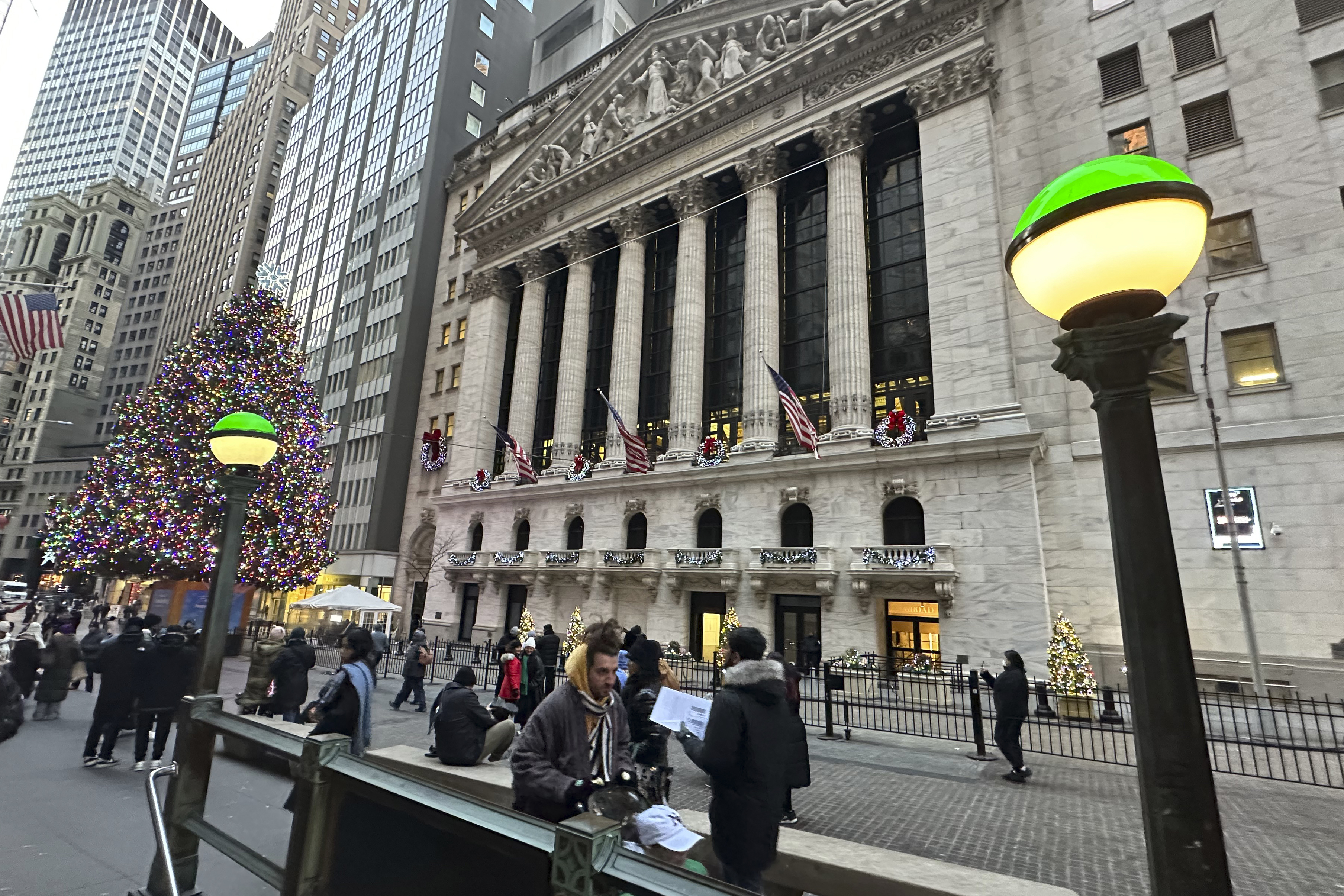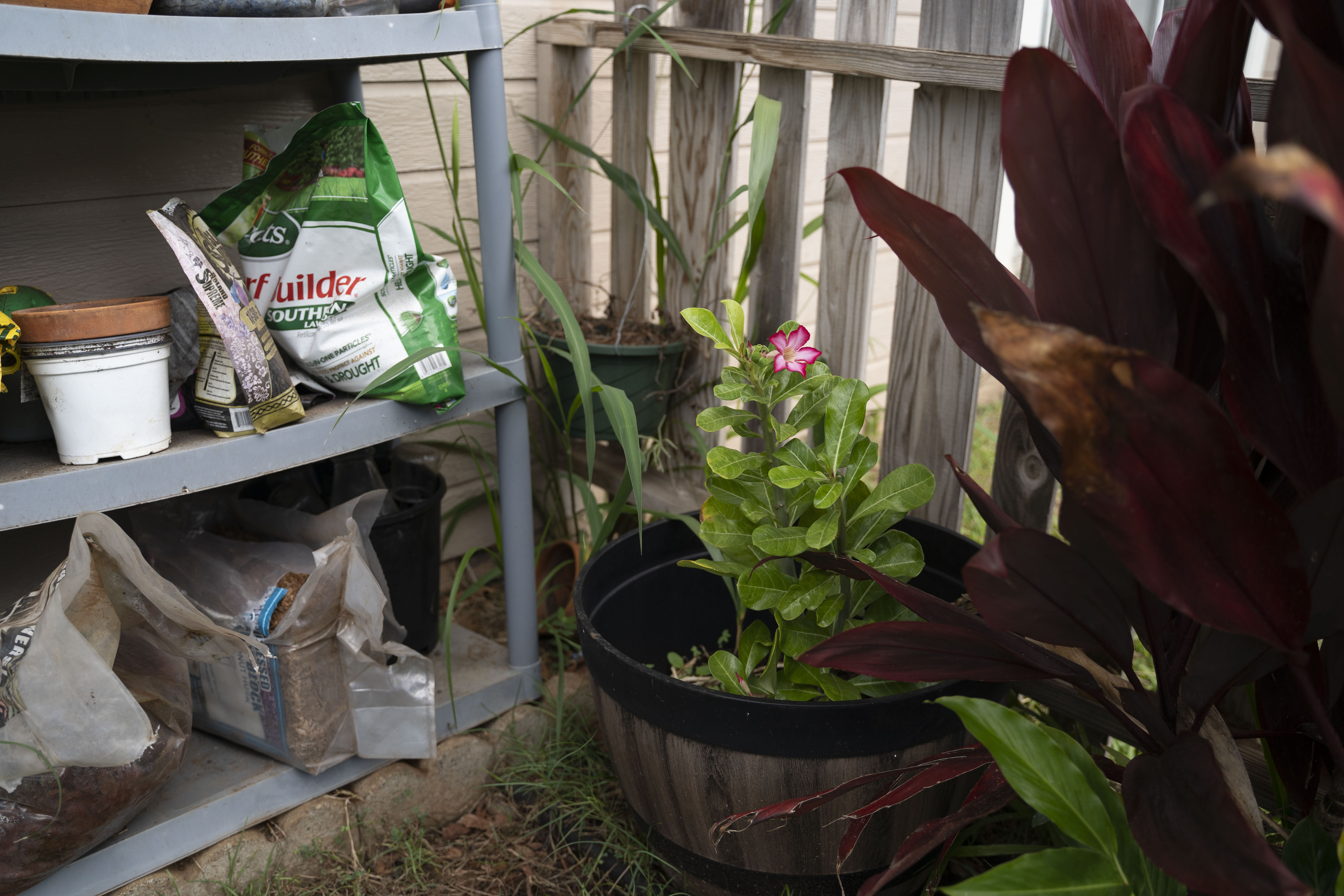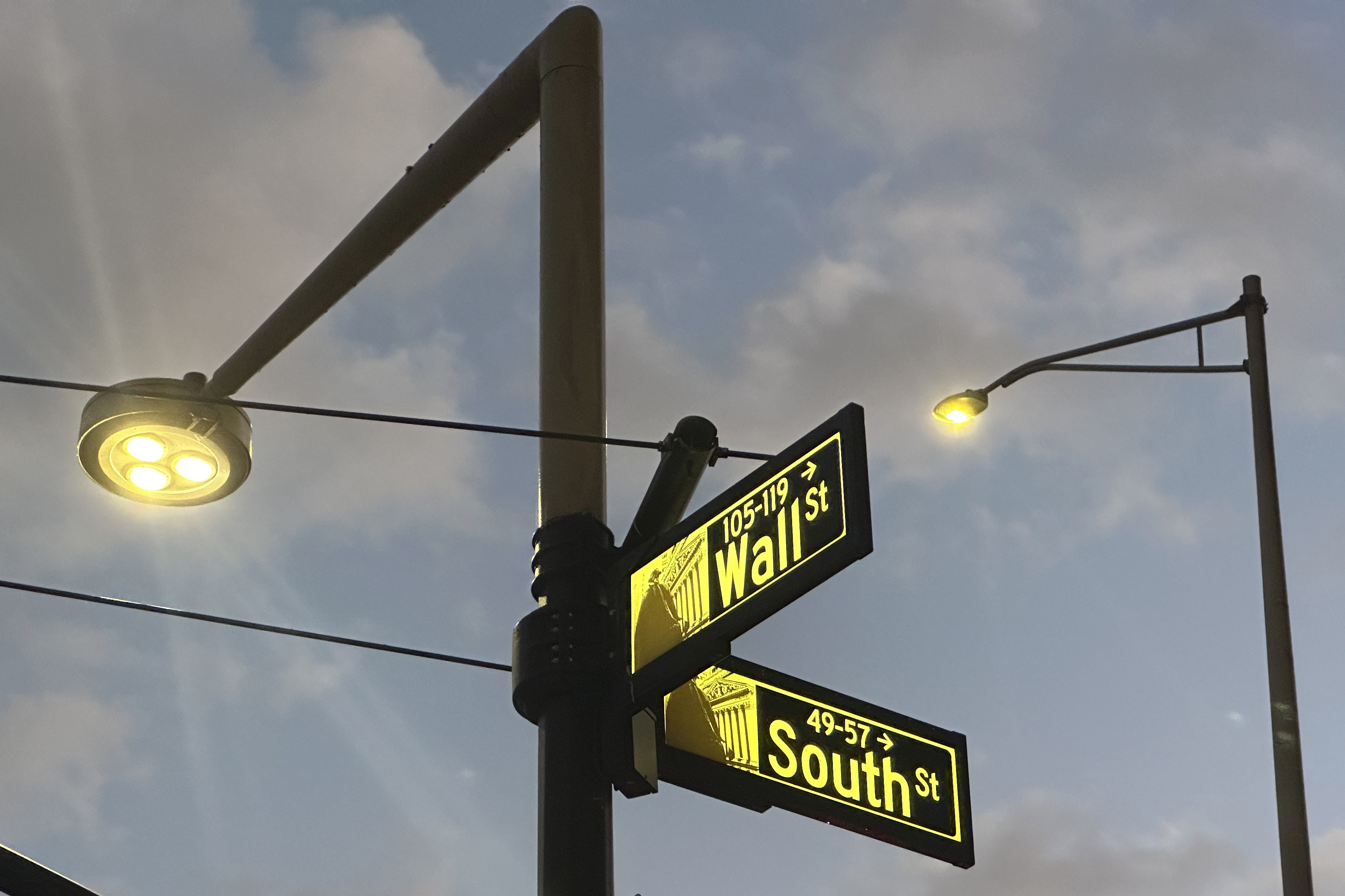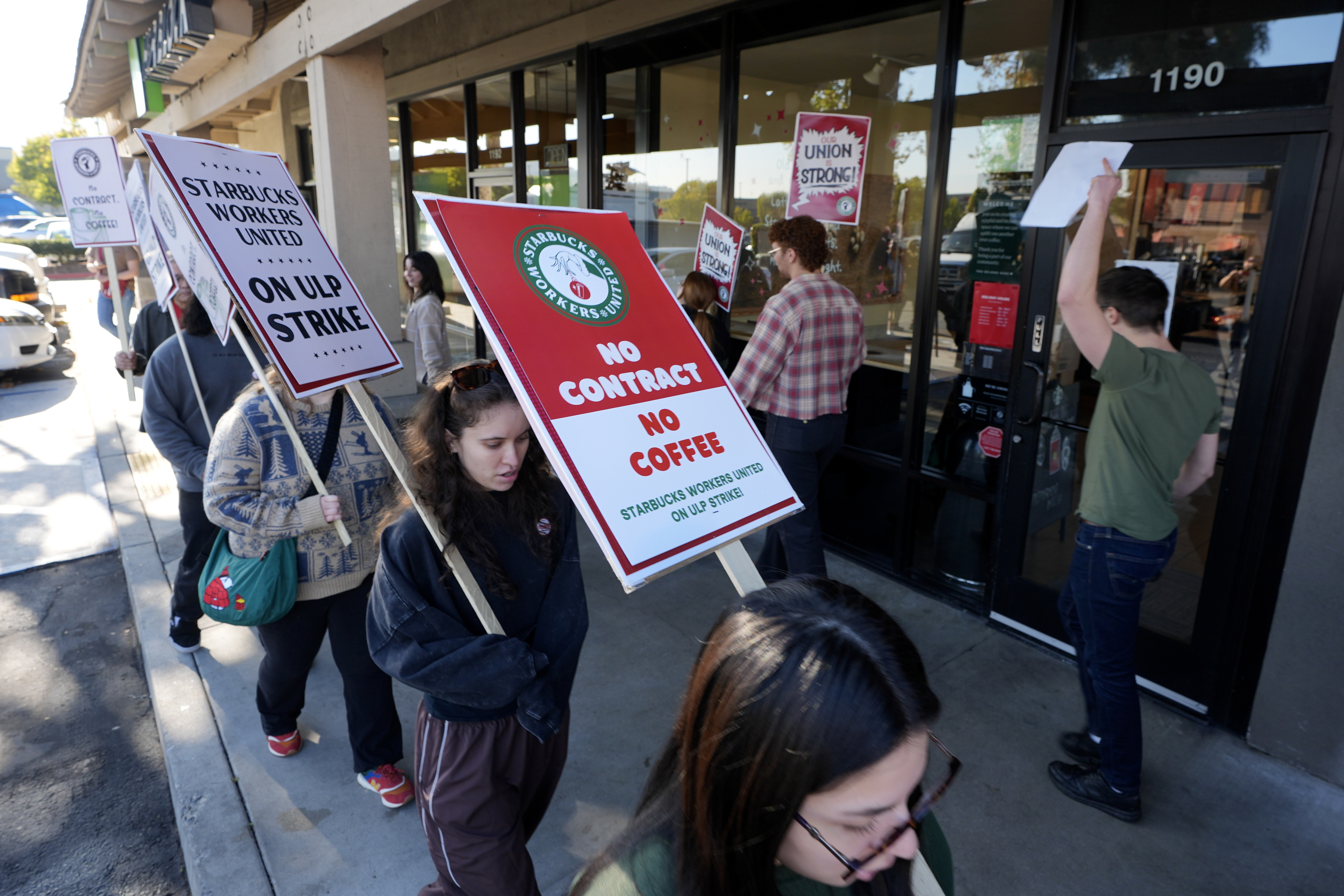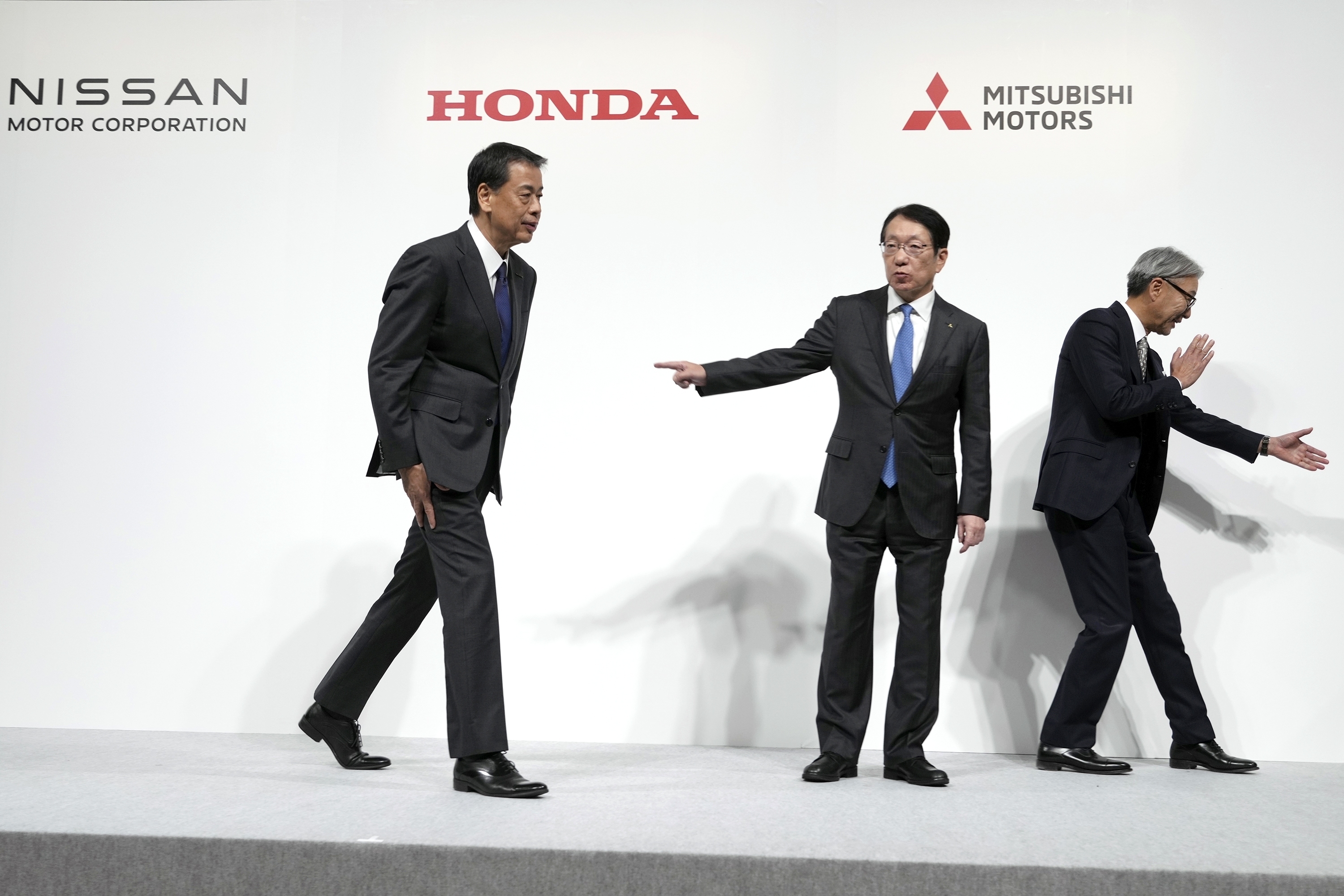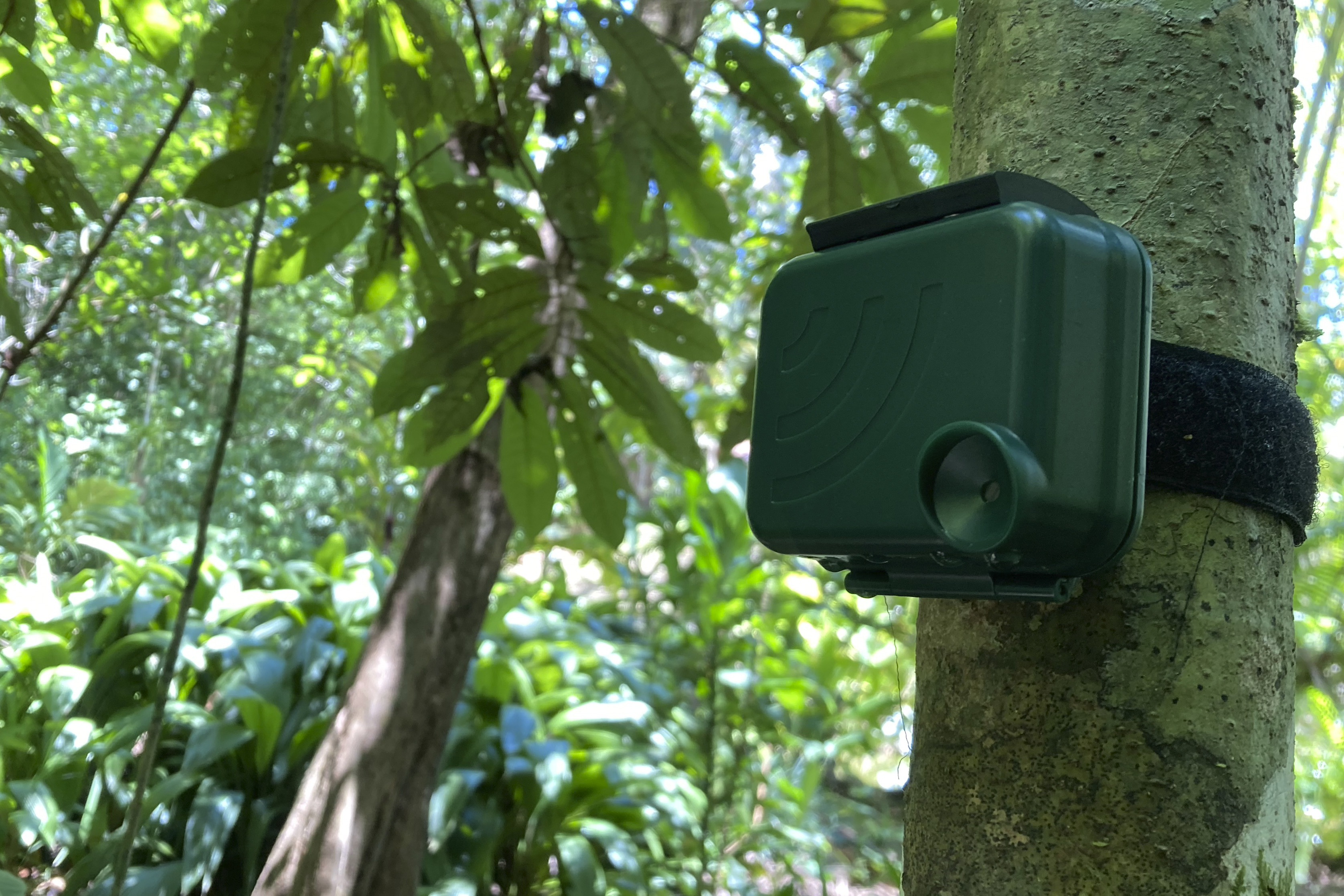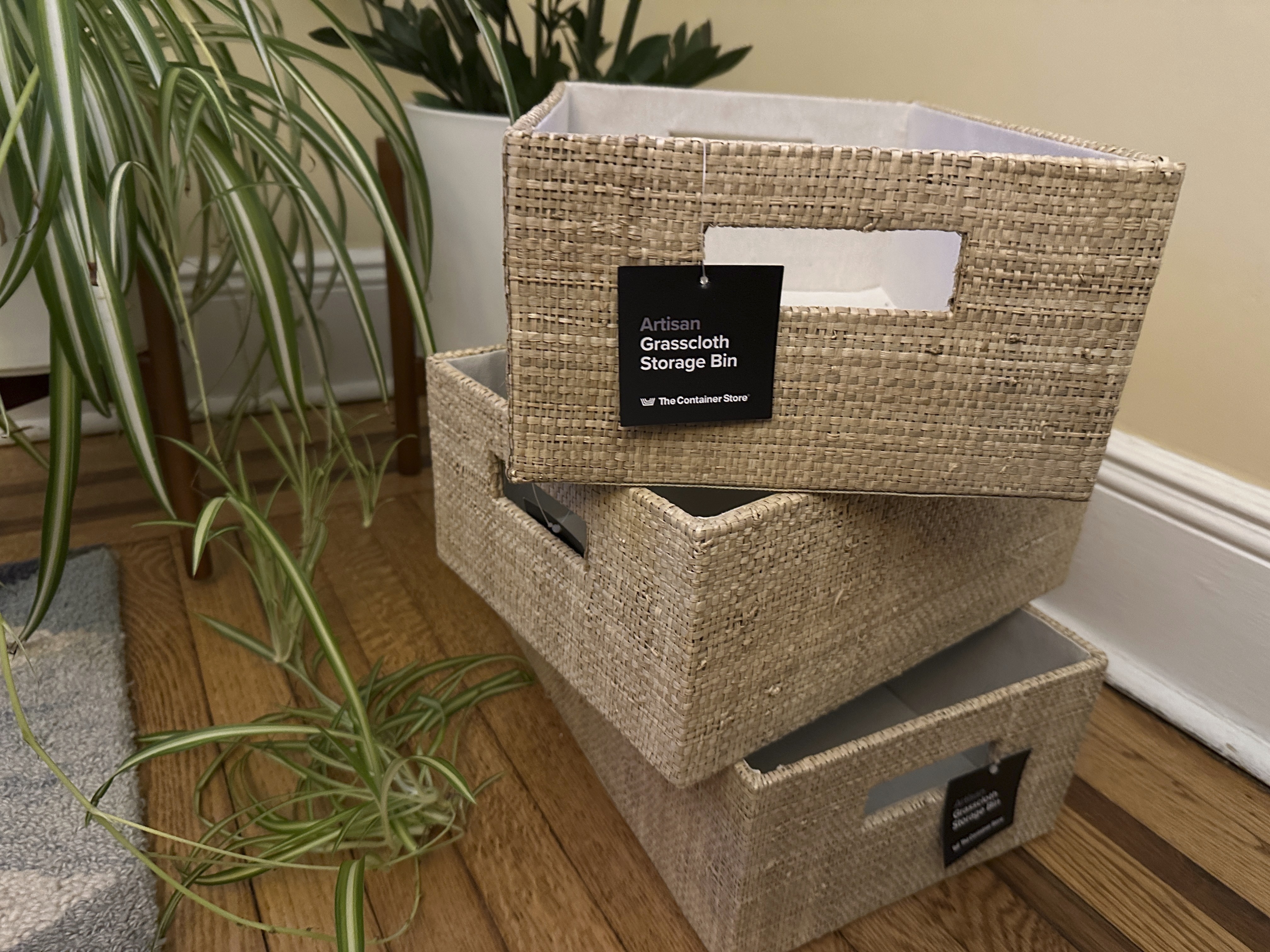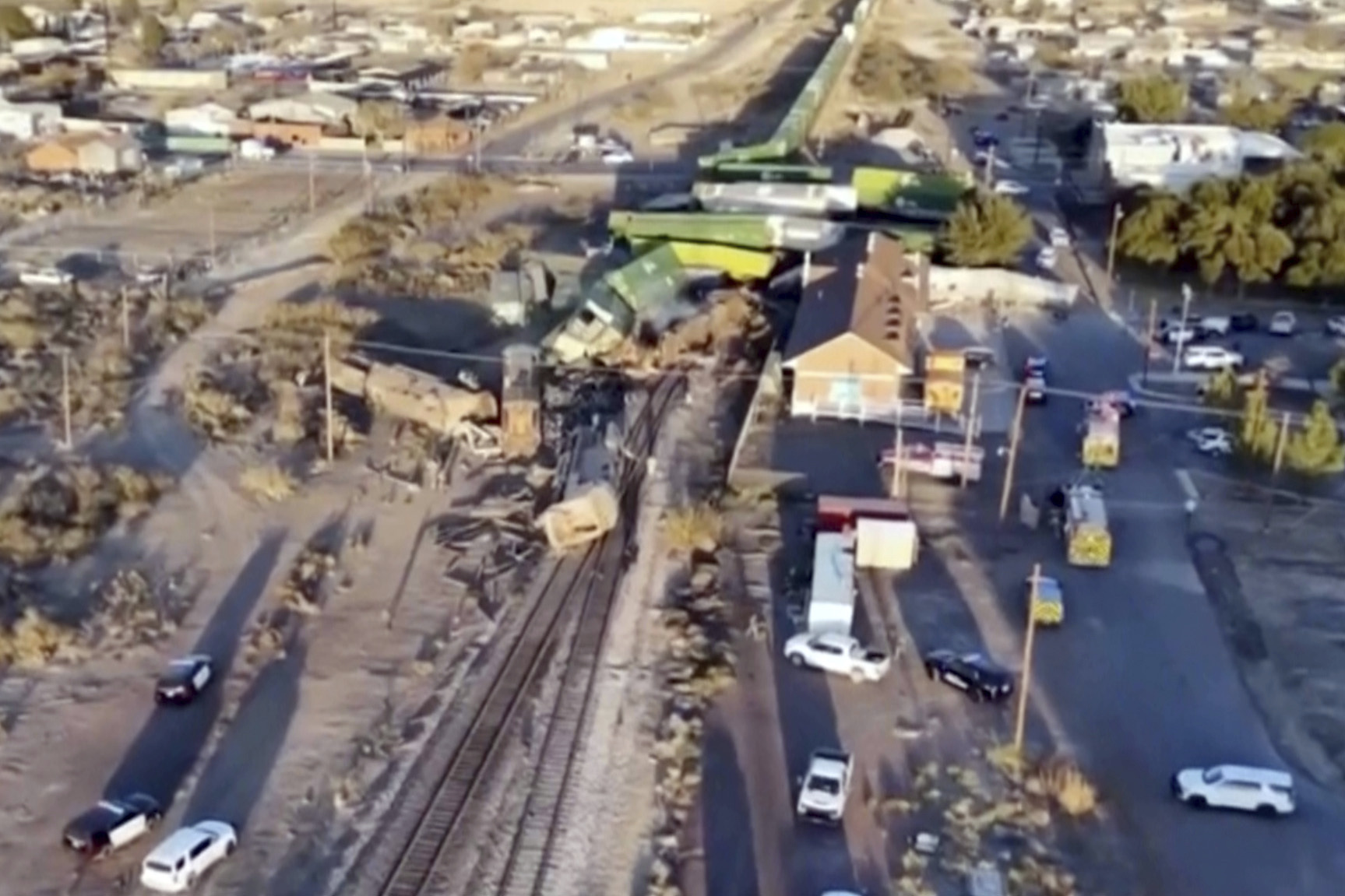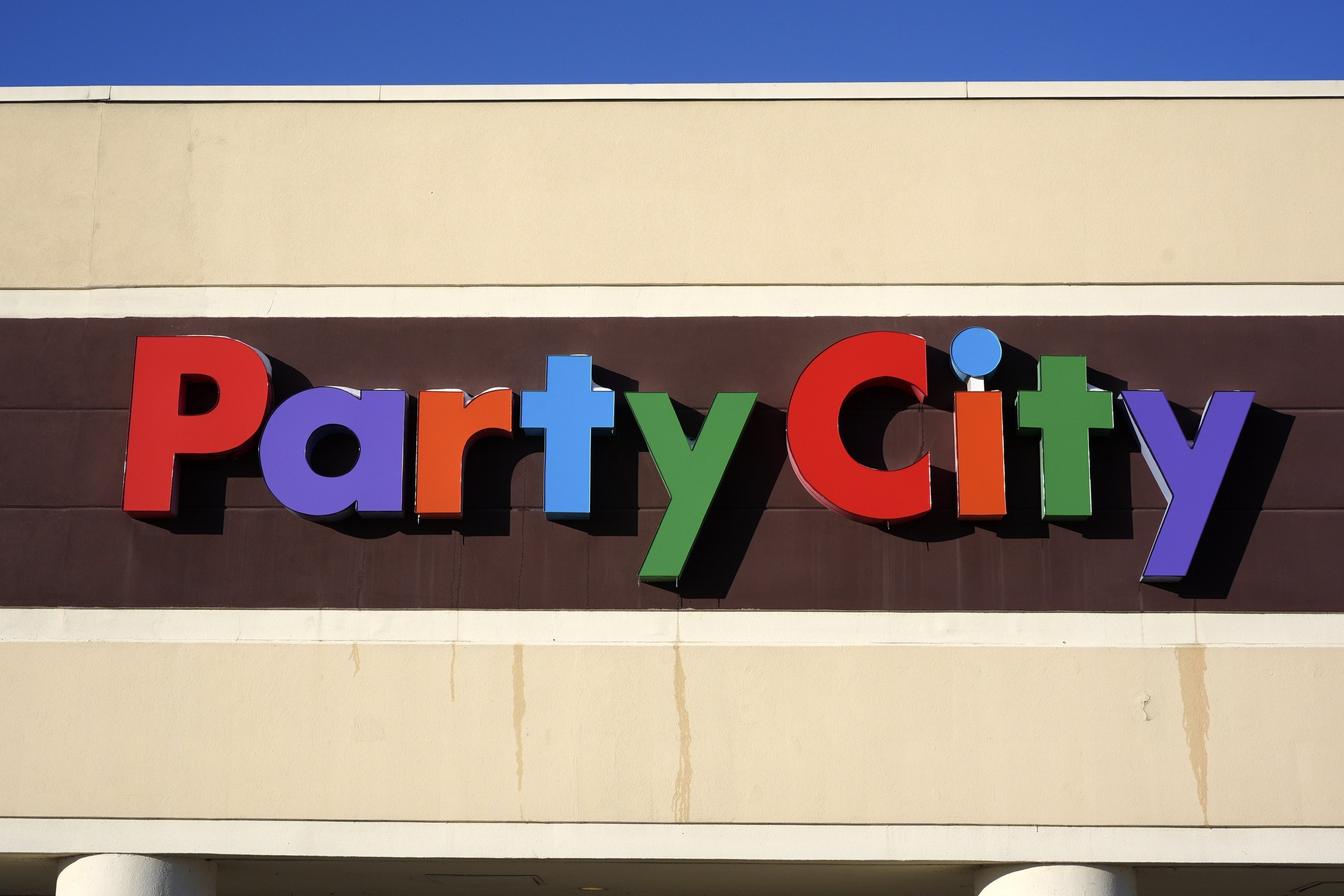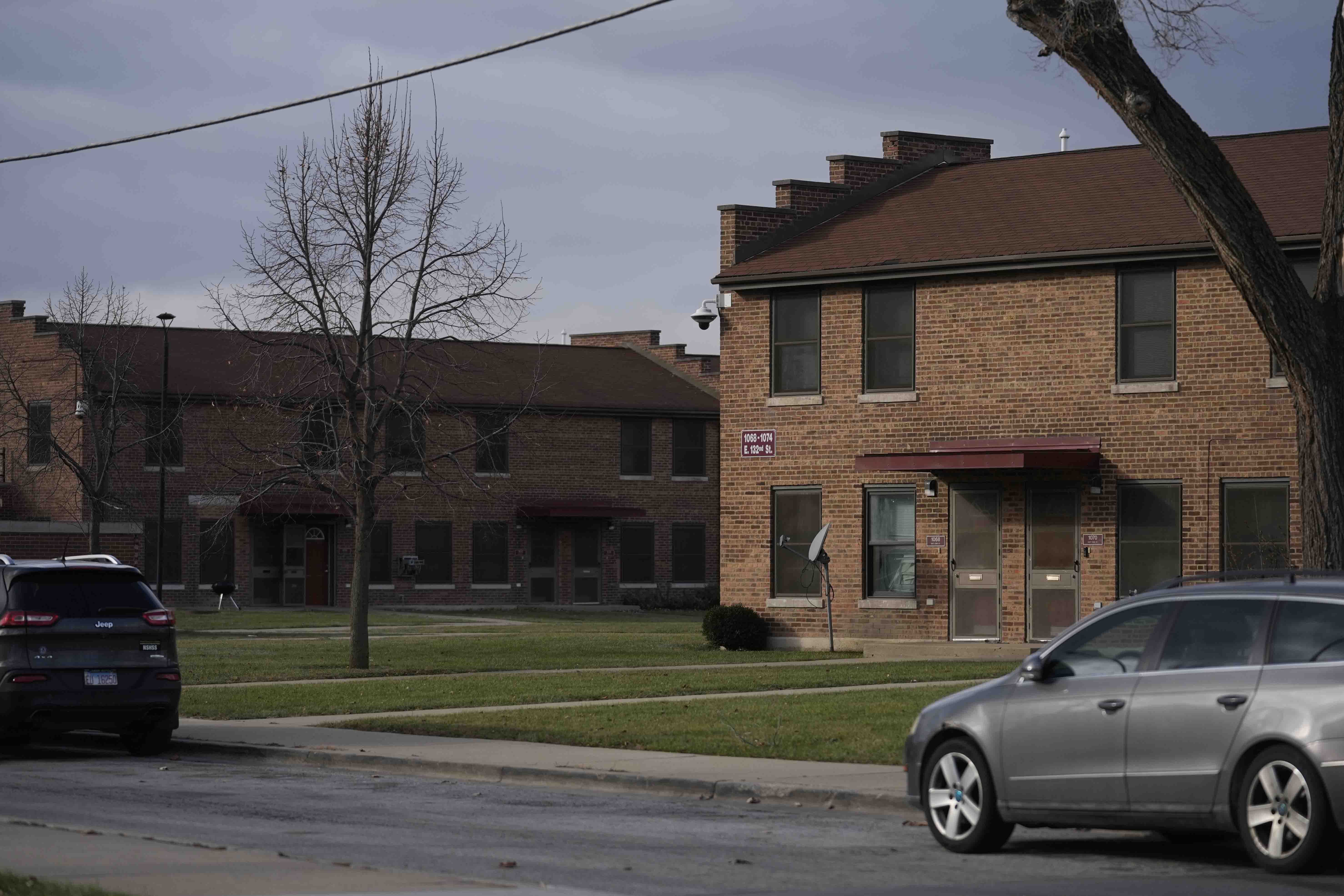PORTSMOUTH, Va. (WAVY) — In 1960, admissions officers at the University of Pittsburg tried to talk him out of it, but Samuel J. Scott of Tampa, Florida, insisted on enrolling in the university’s aeronautical engineering program.
After graduation, he secured a job at the Naval Yard in Philadelphia.
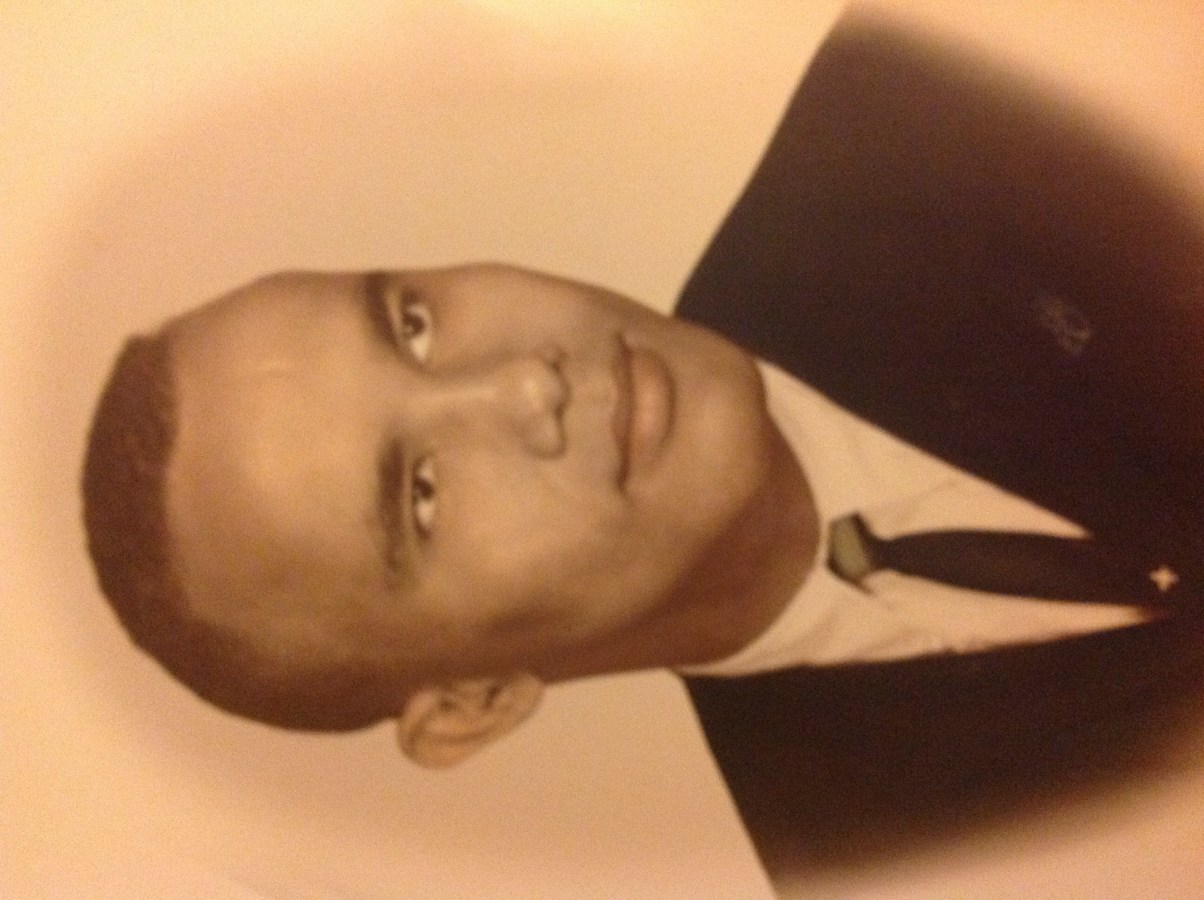
Then in 1962, Scott took a leap and applied for a position at NASA Langley, which at the time desperately needed more engineers as the space race was well underway.
He was hired sight unseen. NASA packed and moved his family to Hampton, Virginia.
“I applied and came here as one of the first Black male engineers. There were four of us: Jim Williams, Thomas Byrdsong, and Alphonso Smith, who was a physicist,” he said.
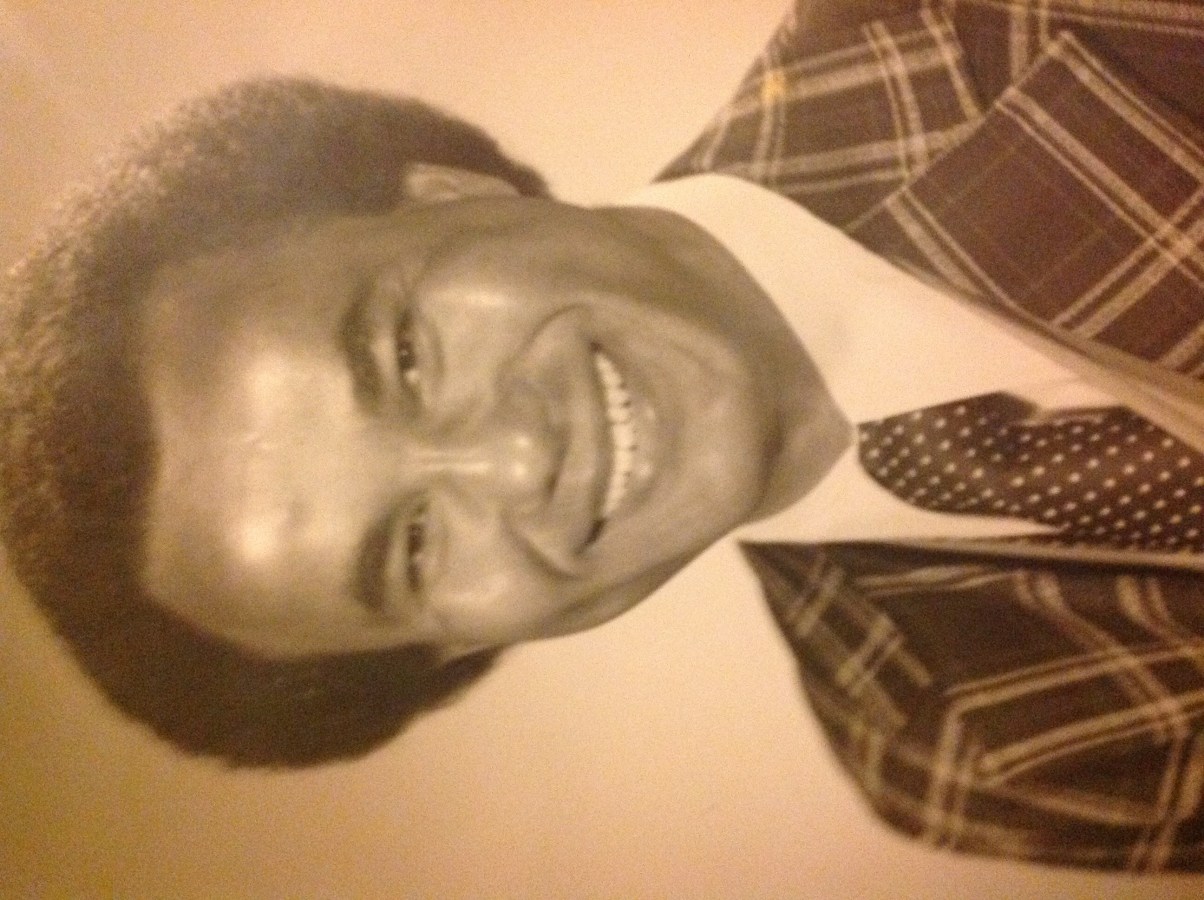
What was the reaction when Scott showed up for duty?
“One of the guys in the branch said ‘I didn’t know he was Black,'” said Scott, with roaring laughter.
And, Scott didn’t know Black people, or “Negroes,” as minorities were called at the time, were not allowed on nearby Buckroe Beach.
He found out the hard way while soaking up the sun with his family.
“She [Ann Carol] was pregnant and was lying on the beach and guys were playing football all over top of her so I warned the guys ‘Please don’t do that.’ So the policeman came up and wanted to arrest me and I said ‘What for?’ And he said ‘You don’t belong over here in the first place,'” recalled Scott.
Scott and his Black engineering colleagues worked on the west side of the installation. A group of Black women known as the “computers” were hired in the late 1950s and worked on the east side of the installation. The computers had to walk blocks away from their office in order to use the restroom designated for “colored women.”
The 2017 movie “Hidden Figures” opens with a scene of three Black female NASA computers whose car was disabled along a rural highway. A police officer holding a baton is hostile when he questions the smartly dressed women, but once he learned they worked at NASA Langley, he escorted them to the installation.
In the critically acclaimed movie, actress Taraji P. Henson is cast as Katherine Johnson of Hampton, who died last year at the age of 101.
Scott says Hollywood’s depiction of how Johnson’s math skills were used to verify astronaut John Glenn’s landing for the Mercury project was accurate.
“So John Glenn said ‘I’m not going up there until you let Katherine Johnson calculate this thing because I don’t know about those computers.’ Glenn insisted that Katherine Johnson be the one to calculate the re-entry parabolic location where he would land, otherwise, he could have the ships [on standby] in the Atlantic and he could have [landed] in the Pacific,” said Scott.
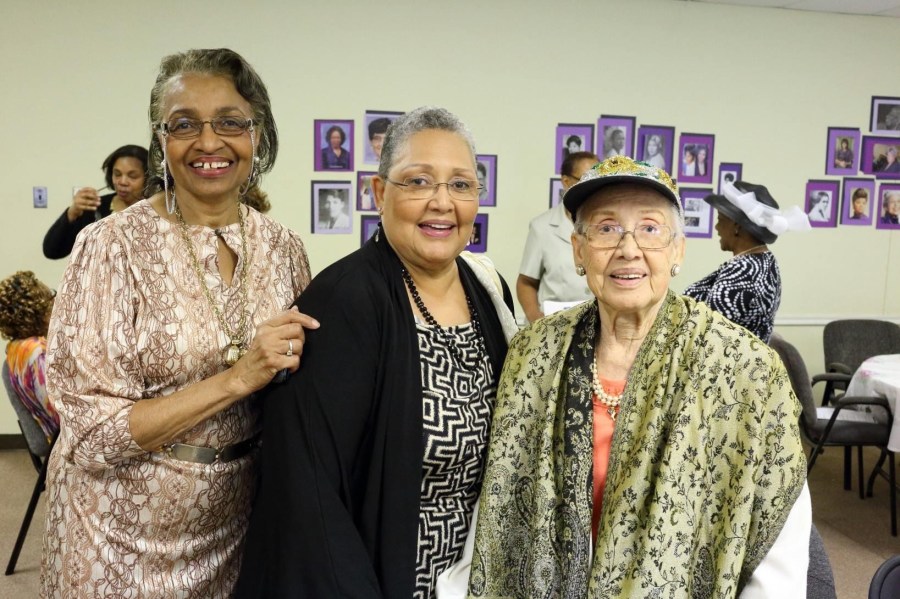
(Photo courtesy: Samuel J. Scott)
In July of 1969 when Astronaut Neil Armstrong uttered his famous words “That’s one small step for man, one giant leap for mankind,” the leap would not have happened without the engineering skills of Scott and other team members who created the heat shield system to protect the spacecraft.
“We developed and proved a beehive — just like you would see a beehive or a wasp nest — and we could put that on the front of the spacecraft and then spray that. That held the material in place so that the astronauts would not burn up when they came back into the earth’s atmosphere,” said Scott.
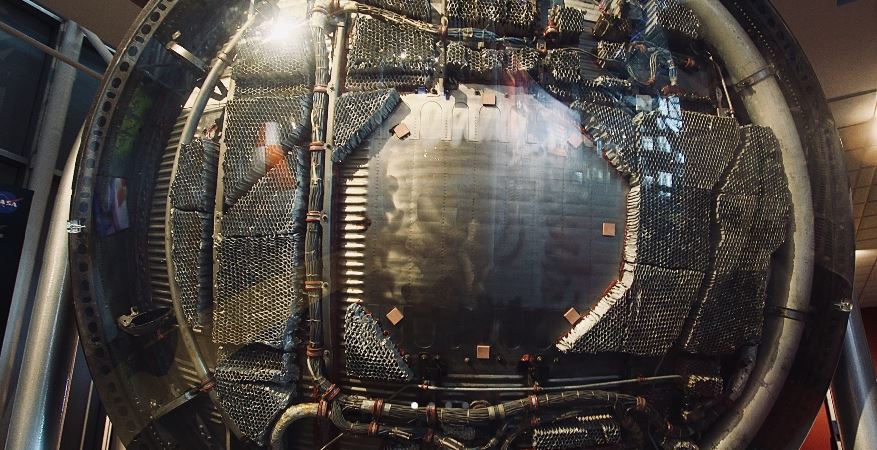
With the private sector taking off in space, Scott is now calling on minority parents to make sure children have the right stuff.
Scott borrows from a famous Crosby, Stills, Nash, and Young song, “Teach The Children Well,” in describing the challenge.
“That’s the thing we have to do; we have to teach our children well,” he said.
“There are many minority students starting at the first grade who can and will come along and become really significant contributors to technology in the United States of America,” said Scott.
